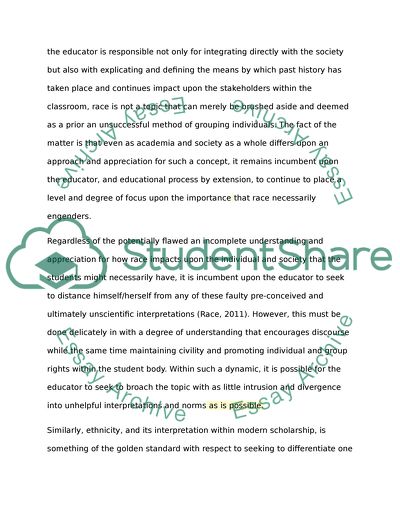Cite this document
(“Race, Multiculturalism, Inclusion and Education Essay”, n.d.)
Retrieved de https://studentshare.org/education/1478898-race-multiculturalism-inclusion-and-education
Retrieved de https://studentshare.org/education/1478898-race-multiculturalism-inclusion-and-education
(Race, Multiculturalism, Inclusion and Education Essay)
https://studentshare.org/education/1478898-race-multiculturalism-inclusion-and-education.
https://studentshare.org/education/1478898-race-multiculturalism-inclusion-and-education.
“Race, Multiculturalism, Inclusion and Education Essay”, n.d. https://studentshare.org/education/1478898-race-multiculturalism-inclusion-and-education.


